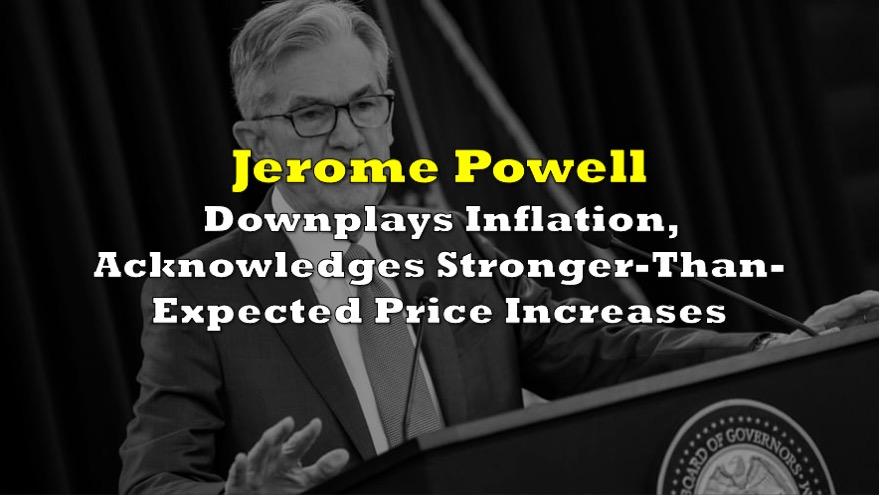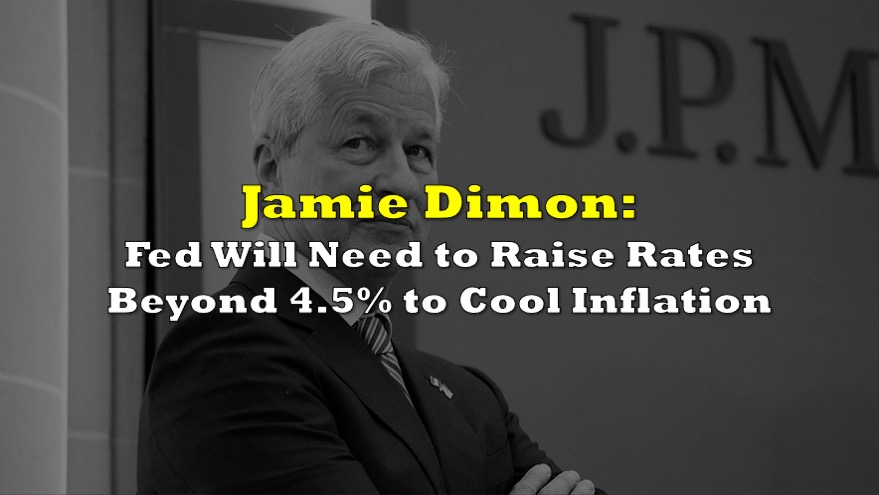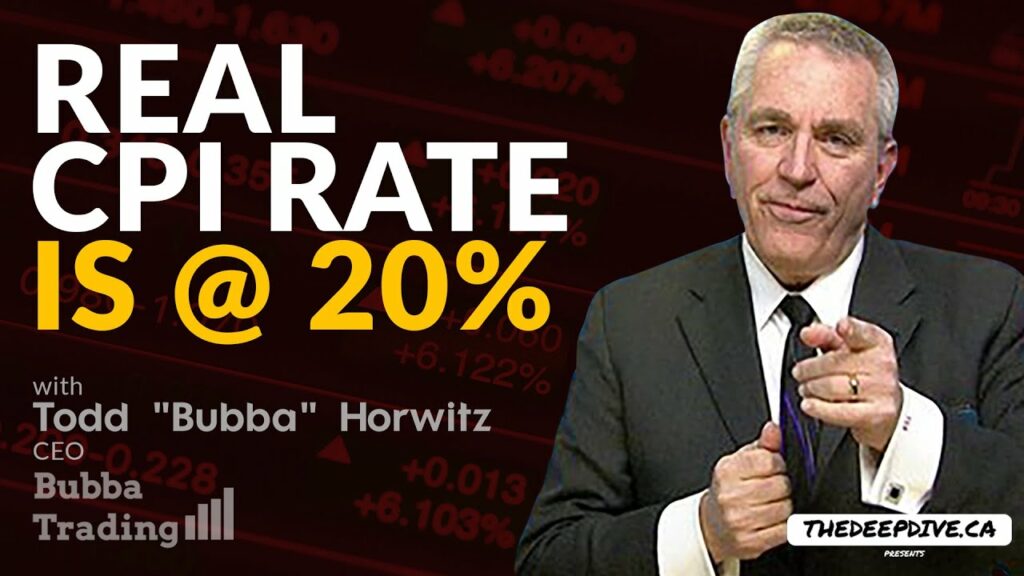Once again, Fed Chair Jerome Powell continued to downplay the skyrocketing-into-the-exosphere inflation, and instead attributed the recent jump in price pressures to the reopening of the US economy.
When pressed by House Select Subcommittee on the Coronavirus Crisis on Tuesday, Powell did acknowledge that the recent surge in prices has been a lot higher and more perpetual than anticipated, but still reiterated his stance that it is, still, just transitory, and is instead directly related to the reopening of the US economy.
Powell did recognize that a significant part of the inflation overshoot has originated from categories that are directly affected by the economic recovery, such as airline tickets, hotels, lumber, and used trucks and cars. However, according to him, those sort of factors will “resolve themselves” over the next several months.
“I will say that these effects have been larger than we expected, and they may turn out to be more persistent than we have expected,” Powell explained to the special House panel. “But the incoming data are very consistent with the view that these are factors that will wane over time, and inflation will then move down toward our goals and we’ll be monitoring that carefully.”
The committee’s Republicans then questioned Powell on whether the US economy is slated for a spell of hyperinflation similar to that of the 1970s and early 1980s, when prices soared by more than 10%. According to Powell, such a scenario has a very low probability of reoccurring. “What we’re seeing now, we believe, is inflation in particular categories of goods and services that are being directly affected by this unique historical event that none of us have ever lived through before.”
However, Republicans continued to dismiss Powell’s inflation narrative, and instead blamed the Biden administration’s generous fiscal policies as the leading cause of inflationary pressures. “If you look at just the two mandates of the Federal Reserve, maximum employment and stable prices, right now we don’t have either and it’s because of policy decisions, policy decisions primarily by the Biden administration,” insisted Rep. Steve Scalise.
Indeed, the latest CPI print for May ballooned to an annual rate of 5%— the highest in more than a decade. And, despite Powell’s persistence that the latest inflation figures are anything but permanent, three FOMC members are deviating from his narrative. At least two members foresee interest rates peak at 3%, while one expects a peak at 2.75%, as per the FOMC’s dot plot.

Information for this briefing was found via Bloomberg. The author has no securities or affiliations related to this organization. Not a recommendation to buy or sell. Always do additional research and consult a professional before purchasing a security. The author holds no licenses.









